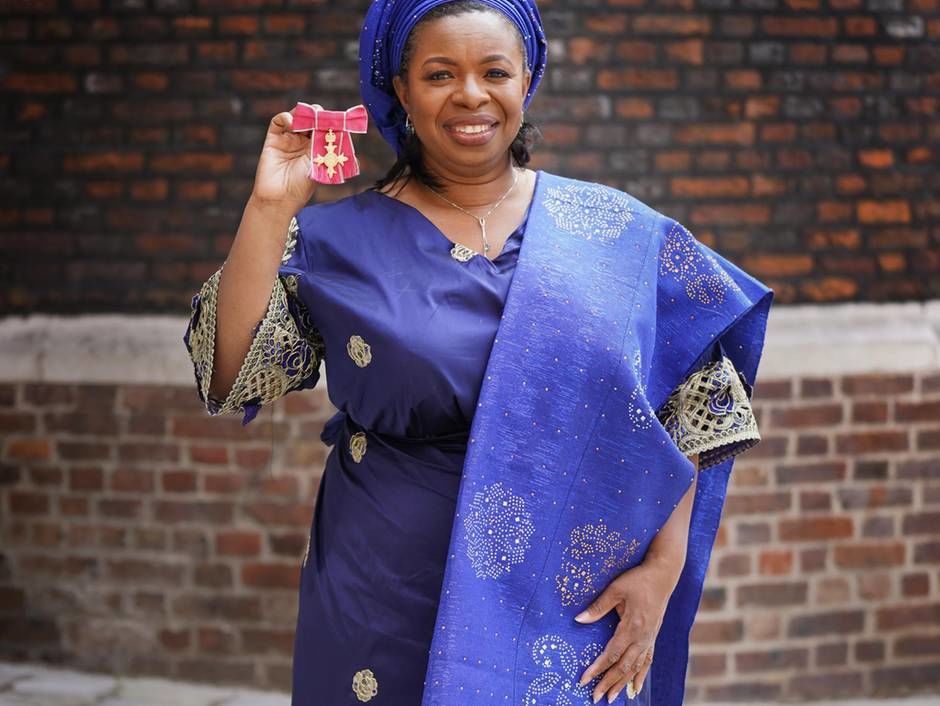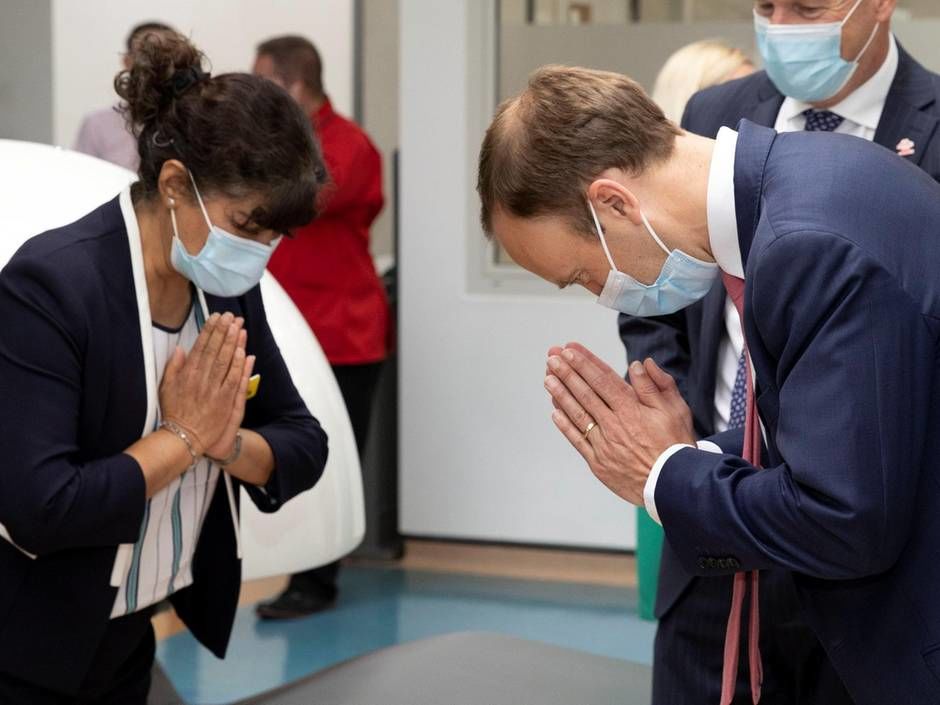
Foreigners built the NHS - and Britain, too
In the spring of 1935, a 41-year-old Indian nanny named Lachhi travelled from Bombay to London aboard the RMS Viceroy of India. She was looking after the children of the Marshall family, with whom she stayed for the summer in Frimley, Surrey. In the autumn, she accompanied Mrs Marshall and the two youngest children back to their primary home in India, where Mr Marshall worked as a merchant. The family stayed in a first class cabin, while things were much less comfortable for Lachhi, who slept on deck.
Presumably, Lacchi and the Marshalls had very different experiences of Britain and its empire.
In India, the Marshall family most likely had comfortable lives, welcomed, even lauded by their compatriots as part of the story of British India. They may not have even regarded themselves foreigners. The “natives” were there to serve them, and to enrich them and Britain.
By contrast, when Lacchi was in Britain as their nanny, she absolutely would have been seen as a foreigner – a second-class outsider, not part of the story of Britain.
But Lacchi – and what she represents – is every bit a part of that story. She and others like her were sources of wealth, innovation and, of course, vast amounts of labour, much of it enslaved. They grew cotton, tea, tobacco and opium, mined diamonds and gold, provided troops in the militaries that kept the British in power and manned the ships that transported all of it. The British children nannies like Lacchi raised, ironically, went on to hold power and reassert the story of who was in and who was on the outside.
I was reminded of Lacchi as UK papers this week discussed “ending reliance on foreigners” by the country’s National Health Service.
The paradox of that pitch is that it comes during this pandemic – when praise and love for the NHS is higher than ever. And the NHS is staffed 14 per cent by foreigners – defined by surveys as “those who say their nationality is not British”. The implication is that the foreign status of these workers is seen as a problem, that Britain may not want them, or does not need them.
It reflects a very peculiar gap in understanding of Britain’s history and how people from abroad have played an absolutely central part in creating the country it is today.
The headlines are particularly jarring because the country recently marked Windrush Day, when the SS Empire Windrush brought the first of many Commonwealth citizens to the UK. Many of the Windrush generations were invited to Britain to fill labour shortages, including shortages in the NHS.

Britain talks repeatedly about being the plucky champion that won the world wars. But its victory was less plucky, more assured, thanks to the millions-strong from across the Empire who fought for it. Over 2.5 million Indian soldiers fought in the Second World War alone. And it was the colonial subjects – the “foreigners” – that bankrolled victory with coal, iron ore, steel, textiles, money and food.
Foreign contributions – including the ultimate contribution, human life – have been ignored or erased. It was only this year, for example, that the Commonwealth War Graves commission apologised that up to 350,000 predominantly African and Middle Eastern First World War casualties may not have been commemorated by name at all, unlike their “British” counterparts, whose deaths were nearly all recorded.
Britain is a country built through a reliance on foreigners. To think that it is something else, or ever was anything else, or could one day be something else is, in the most charitable reading, an ignorance of basic facts.
It could also be a lack of confidence in what being British actually means, as though that identity requires minimising or erasing the contribution of others.
Or it could be a wilful denial, for political and ideological ends – the promulgation of a myth of exceptionalism and self-reliance in order to claim to be “going it alone”, as though that were the only route to reclaiming greatness.
All of this makes a difference because it means so many in Britain do not know who they are today or how they got there. This failure to understand past interactions and collaborations, and the significance of the role of “foreigners” in how Britain has achieved what it has today, is the reason it is having an identity crisis.
It is entirely possible to believe in the UK and love it, to have faith in its potential, its stature, its identity and its future, and also to rely on and embrace others. It is now more important than ever that we do, because today and tomorrow’s problems are complex and global. To tackle them, we must be, too.











